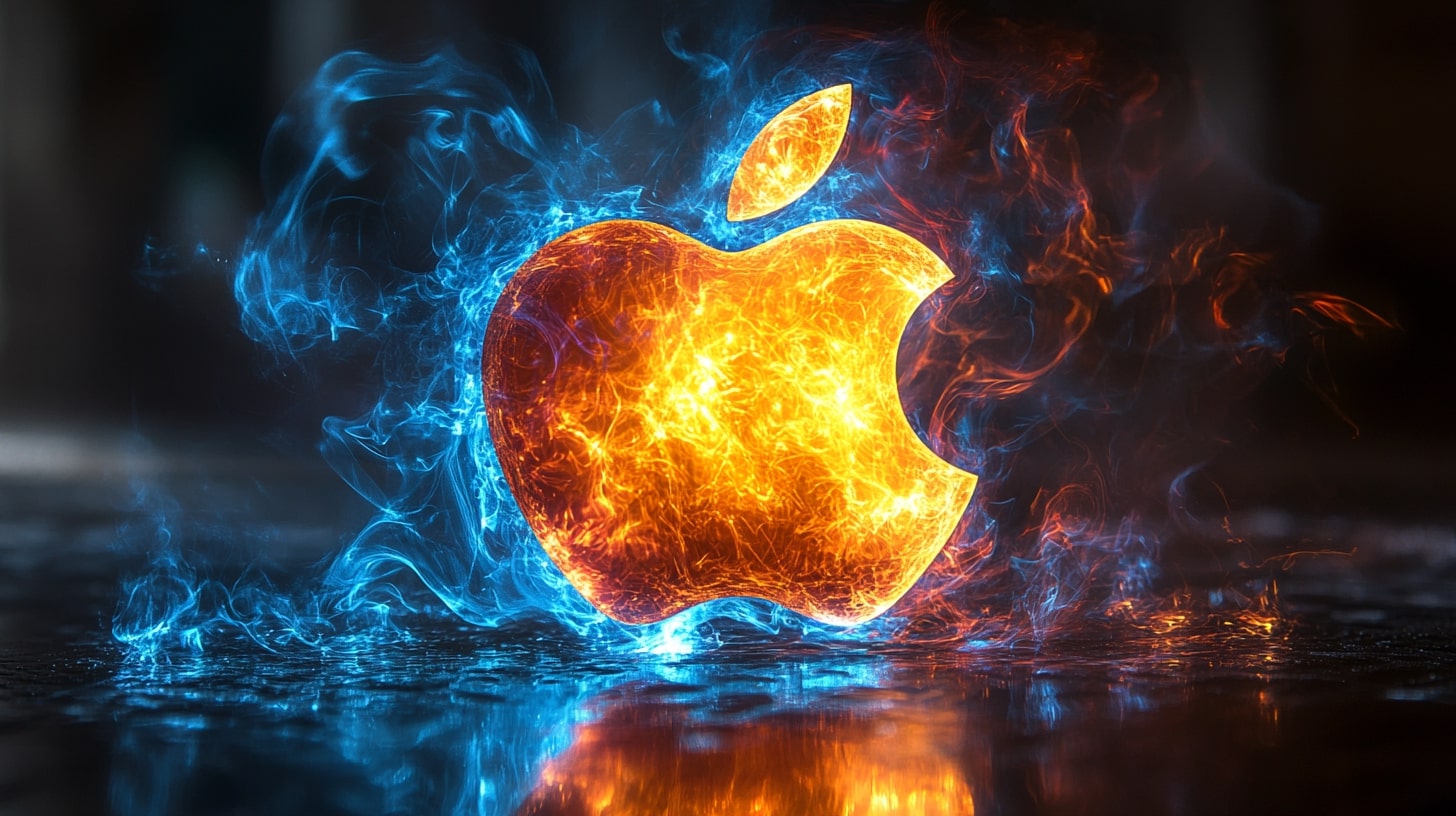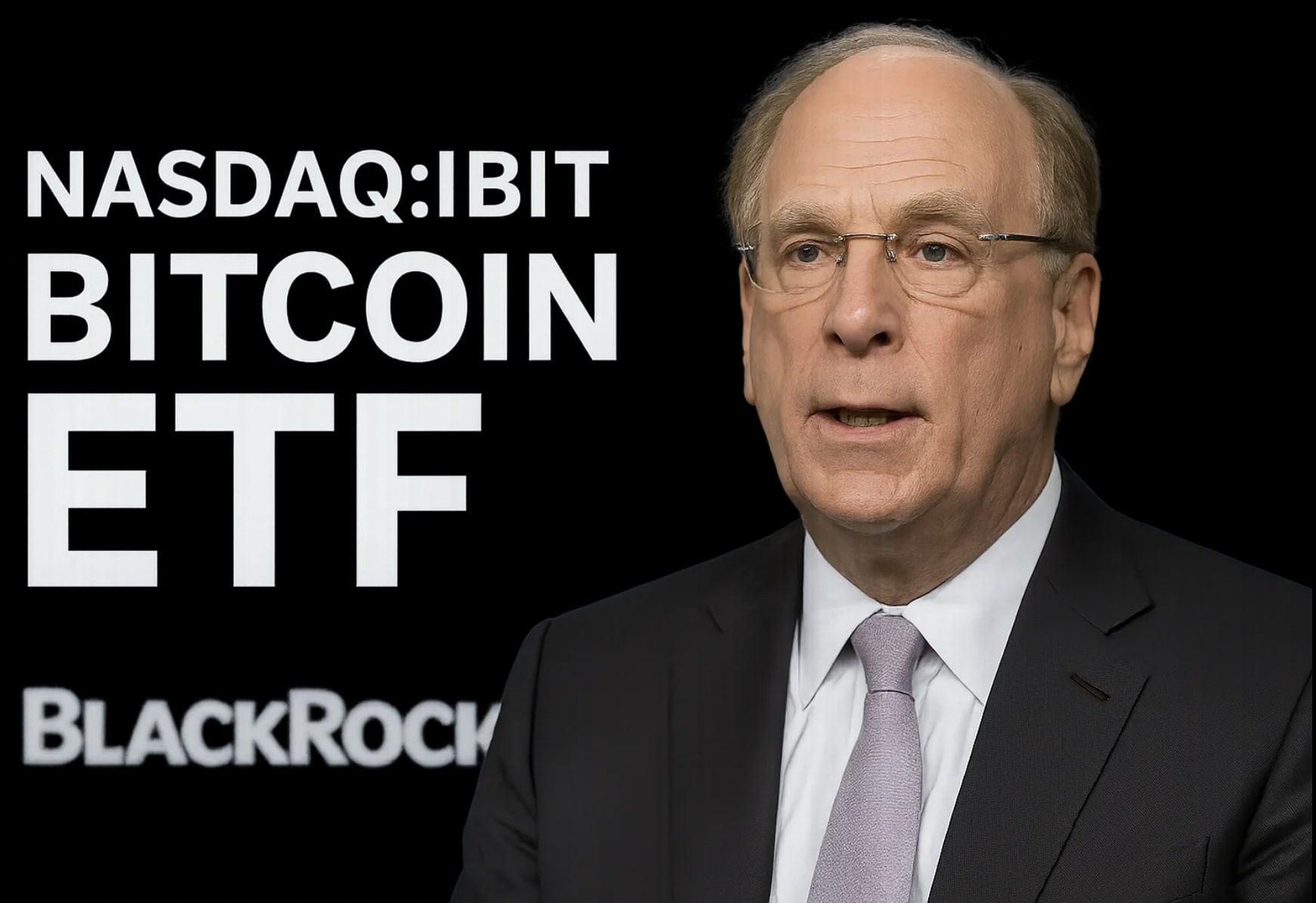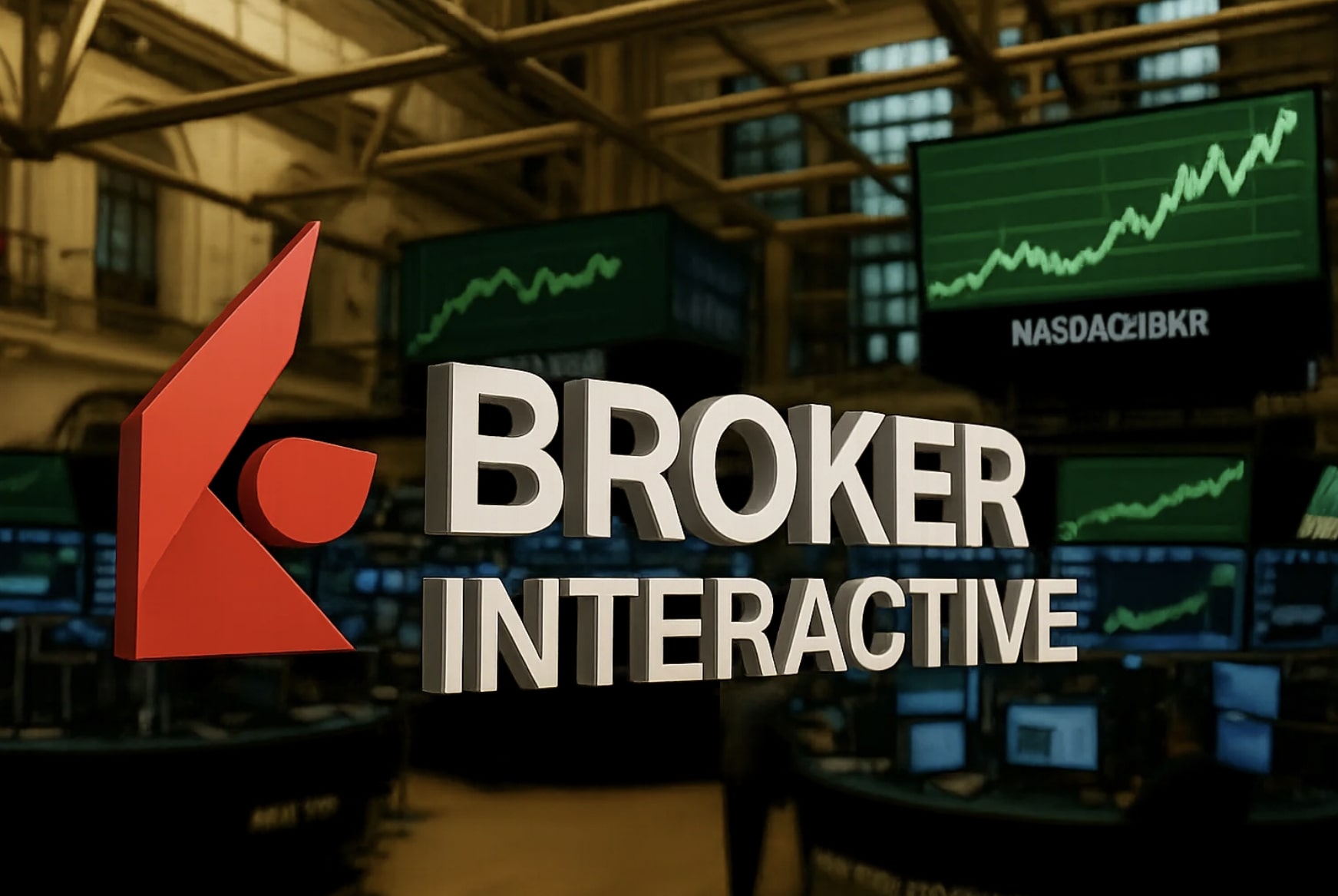Analyzing Apple’s (NASDAQ: AAPL) Current Performance and Future Prospects
Apple's stock (NASDAQ: AAPL) has faced a notable downturn recently, with a nearly 20% decline in valuation due to concerns surrounding a potential prolonged trade war and the increasing saturation in global smartphone markets. Despite these concerns, the company's enduring strengths, particularly its robust free cash flow and aggressive stock buybacks, remain central to its investment appeal. While Apple's growth has slowed, its ability to repurchase shares aggressively and maintain its industry-leading financial performance is reshaping its value proposition.
Stock Buybacks and Free Cash Flow: A Core Strength
Apple's free cash flow continues to be a key driver of its financial stability and shareholder value. In fiscal year 2024, Apple generated an impressive $108.8 billion in free cash flow, the highest among major tech companies. With this substantial cash flow, Apple has been able to execute one of the most aggressive stock buyback programs in history, repurchasing $95 billion worth of shares in FY 2024 alone. These buybacks have played a significant role in propelling Apple's stock price and boosting shareholder returns.
Since 2012, Apple has repurchased nearly $1 trillion in shares, and it is expected to announce another buyback program in 2025. As Apple continues to reduce its share count, the value of each remaining share increases, which directly benefits investors. Despite a period of slower growth, the company’s massive buyback program, fueled by its cash generation capabilities, offers significant upside potential for investors at current price levels.
Valuation: P/E Ratio and Future Outlook
Apple's current price-to-earnings (P/E) ratio stands at 26X, which is above the tech industry average of 22.7X. While this may seem high, it is important to consider that Apple has a unique position in the tech sector with consistent profitability and a commanding brand loyalty that justifies its premium valuation. This P/E ratio is a reflection of Apple's ability to generate massive cash flow despite a slowdown in hardware sales. However, the company’s valuation is under scrutiny due to concerns about stagnation in its iPhone business and the lack of a new breakthrough product.
The potential announcement of a new stock buyback program could drive Apple’s stock price higher. If Apple continues its trend of strong cash flow generation and expands its non-hardware revenue streams, such as its growing Services division, the company could maintain its premium valuation. Analysts have raised their price targets for Apple, with some projecting a fair value of $247 per share, implying a 15% upside based on a P/E multiple of 30X for FY 2026.
Innovations on the Horizon: The iPhone 17 and AI Integration
Apple’s innovation cycle is beginning to accelerate again, particularly with the highly anticipated iPhone 17 launch. Set to be released in September, the iPhone 17 is expected to feature significant hardware upgrades, including a redesigned camera system, the A19 chip, and the new C1 chip that promises 20% less power consumption. These changes are likely to improve performance and battery life, two key concerns for iPhone users.
Additionally, the iPhone 17 Pro/Ultra models are expected to feature a two-toned finish, slimmer bezels, and reverse wireless charging—an industry-first in the smartphone market. These upgrades are designed to position Apple’s premium devices as more compelling options for consumers, further solidifying its strong brand loyalty.
On the software side, Apple is set to unveil iOS 19, the most significant visual overhaul since iOS 7. The update will bring a new user interface with circular app icons and enhanced camera controls, improving the overall user experience. The company is also focused on AI, with plans to overhaul its Siri voice assistant by 2026, which could enhance its position in the AI market.
A Buyback King in a Slow-Growth Market
Apple’s strategic stock buybacks have made the company a leader in returning capital to shareholders. In Q1 2025, the company repurchased $23.6 billion in shares, and its average quarterly buyback volume over the past five years stands at $21.2 billion. These actions have helped Apple reduce its share count by nearly one-third over the past decade, thereby boosting the value of each remaining share.
Despite the concerns surrounding the stagnation of iPhone sales and the global smartphone market saturation, Apple’s loyalty-driven customer base and growing Services division provide a stable revenue stream. Services now represent 21% of Apple's total revenue, up from 19% year-over-year, and this growth is expected to continue as Apple diversifies its business model.
Stock Buybacks, Free Cash Flow, and the Road Ahead
Apple remains one of the most profitable tech companies in terms of free cash flow, and its strategy of using this cash to repurchase shares has proven successful. For the current year, analysts expect Apple to continue its aggressive buyback strategy, with many forecasting that the company will hit the $1 trillion mark in buybacks in the near future. The company's ability to generate cash and return value to shareholders positions it favorably, even as growth in hardware sales slows.
However, the risk remains that Apple's iPhone sales may continue to moderate, which could impact overall revenue growth. Additionally, with the company relying heavily on hardware sales, the absence of a major new product launch raises concerns about the future growth prospects of the company. Despite these risks, Apple's strong brand loyalty and ongoing investment in Services and AI make it a compelling stock for long-term investors.
Final Assessment: Buy or Hold?
Despite a recent decline in valuation, Apple’s stock remains a strong candidate for long-term investment, particularly due to its robust free cash flow, consistent stock buybacks, and innovative product pipeline. The upcoming iPhone 17 release, along with the potential for a new Siri and advancements in AI, suggests that Apple is not stagnant and could regain momentum. The company’s ability to continue returning capital to shareholders and generate massive free cash flow makes it a strong buy, even with its current valuation.
At the current price levels, Apple offers a compelling entry point for investors looking to capitalize on its buyback potential and future growth. While risks remain, particularly related to iPhone sales and product innovation, Apple’s dominant position in the tech sector, along with its commitment to shareholder returns, positions it well for long-term success.
For more details on Apple’s insider transactions and real-time stock chart, visit Apple Insider Transactions and Apple Real-Time Chart.

















